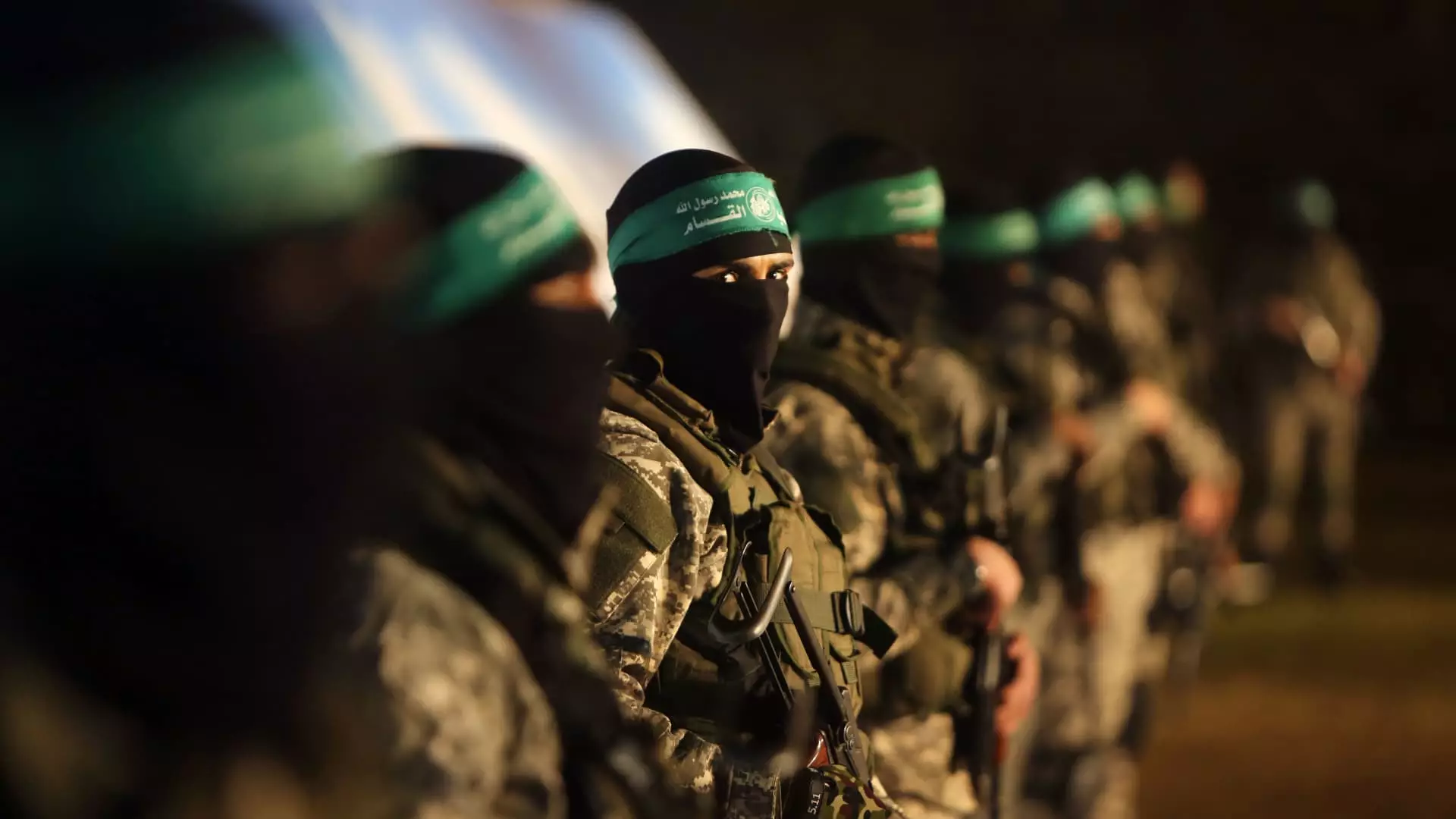The U.S. government is urgently taking steps to sever funding to the Palestinian militant organization Hamas in response to the terrorist attacks on October 7th, which resulted in the deaths of 1,400 Israelis and the capture of over 200 individuals from Israel. As part of this effort, the U.S. Treasury Department’s under secretary for terrorism and financial intelligence recently met with officials in Qatar to discuss the issue. Brian Nelson, the official, stated that while the U.S. is prepared to take unilateral action, strategic partnerships in the region would increase the likelihood of success. Nelson conveyed a similar message to officials in Saudi Arabia during a meeting the day before. The Treasury Department has hinted that more action will be taken in the near future, but acknowledges the complexity of the task at hand given the vast Hamas funding network.
In response to the recent attacks, the Treasury’s Office of Foreign Assets Control (OFAC) has placed sanctions on ten institutions that fund Hamas. These institutions operate in Gaza, the West Bank, Sudan, Turkey, Algeria, and Qatar. Although these entities had been under investigation for years, the urgency to act increased after the brazen attacks earlier this month. The U.S. officials state that Hamas receives a significant portion of its funding through charitable organizations that also provide aid to civilians and civil projects in Gaza, making it difficult to distinguish between legitimate and illegitimate funding sources.
Juan Zarate, former assistant secretary of the Treasury Department in charge of tracking and eliminating financing for terrorists, explains that Hamas has operated under a cloak of legitimacy for many years while governing Gaza. As a result, some governments, including the U.S., were hesitant to aggressively pursue actions against the organization. However, Zarate notes that the perception has shifted, and the U.S. is now actively pursuing Hamas and its funding sources. He attributes this change to a shift in resources, priorities, and the assumption that the Israeli government had the situation under control.
In addition to money from charitable organizations, Hamas raises funds by taxing goods produced in Gaza and imported goods. Iran is also identified as a major funding source for Hamas. U.S. officials from the Treasury and State departments have urged the U.S. to more closely monitor and intercept oil exports from Iran, particularly those that have been allowed to go through despite sanctions. However, concerns about the impact on global oil prices have hindered decisive action on this front.
The process of identifying and blocking funds flowing into Hamas involves designating individuals and institutions on terror funding lists. Once an individual or institution is added to the list, financial institutions worldwide, including those in the U.S., are alerted. Transactions made in U.S. dollars must pass through American banks, providing an opportunity to intercept funds. However, attorney Gary Osen, who has successfully sued terror financiers for supporting Hamas in the past, argues that the current system for blocking funds has not been effective. Osen references organizations like Turkey’s IHH Humanitarian Relief Foundation, which has long been suspected of channeling funds to Hamas but has not faced significant repercussions.
Despite ample evidence, diplomatic considerations, such as the organization’s close ties to the Turkish government, a NATO ally, may have hindered more decisive actions against Turkish organizations supporting terrorism. The U.S. government’s reluctance to act against these entities allows them to maintain access to the American and global banking systems.
The U.S. government is intensifying its efforts to cut off funding to Hamas and dismantle its vast financial network. While sanctions have been imposed on some institutions, more action is expected in the future. The challenge lies in distinguishing legitimate funding sources from those that support terrorism. Furthermore, the involvement of multiple countries and their diplomatic relationships adds complexity to the process. Despite these challenges, the U.S. is determined to disrupt Hamas’ funding and cripple the organization’s operations.


Leave a Reply